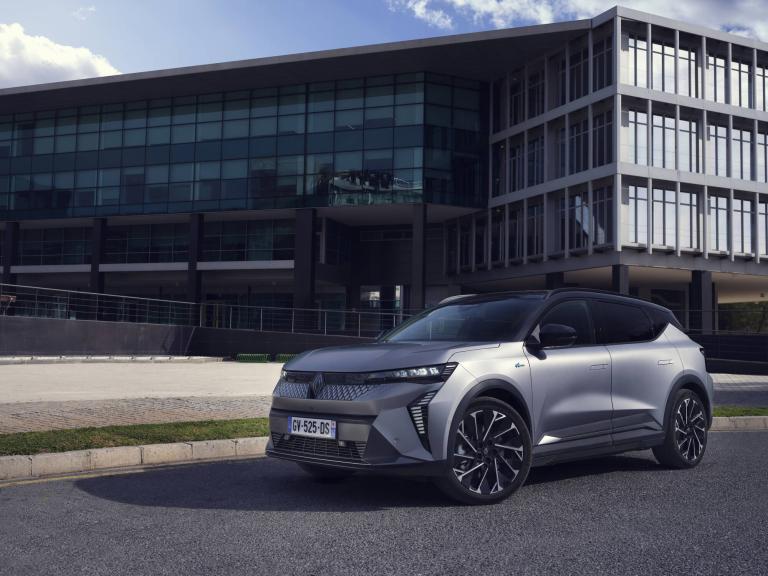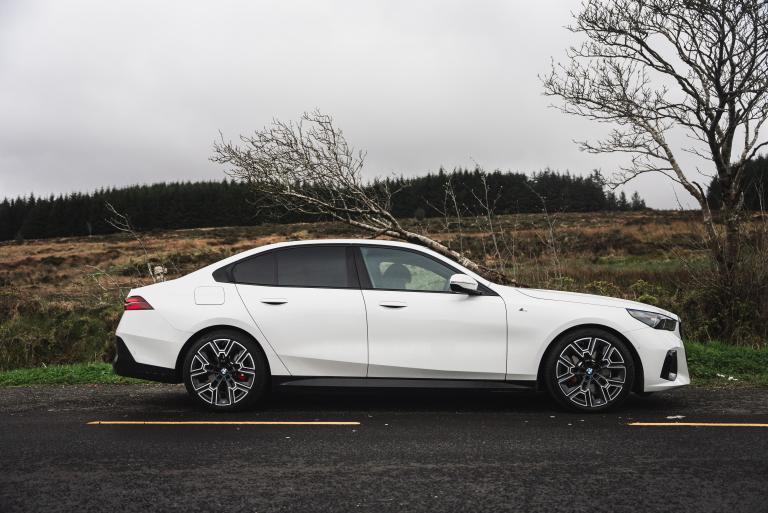Review: The Suzuki S-Cross is a sensible, safe and solid car that will tick many family car boxes
Overview
There are only a handful of showrooms where you won’t find an electric car these days, and many carmakers have even set a date for eliminating emissions completely from their fleets.
In contrast, Suzuki has been slow to embrace battery electric vehicles (BEV) and is unlikely to offer an emission-free model until 2025. The manufacturer did, however, provide a glimpse of what the next generation of Suzuki electric vehicles could look like when it unveiled a concept car, the eVX, at a recent event.
For now, details are sparse, but Suzuki says it will be powered by a 60kWh battery and will travel up to 550km on a single charge. The eVX is expected to go on sale within two years and is similar in size to the maker’s current S-Cross, our test car this week.
The chunky design, angular wheel arches and roof rails are a nod to Suzuki’s SUV heritage and the S-Cross is a smart-looking crossover.
Inside, it is not quite a match for rivals; the infotainment system is fiddly to use, getting comfortable is a challenge and it is awash with inoffensive plastics. It is, however, sensibly laid out and, overall, there is good room front and back. The boot is small and can only swallow around 293 litres, compared to 430 litres in the mild hybrid version, but there is a 60/40 rear-seat split that allows more than 600 litres in all to be carried.
Buyers can choose between a mild hybrid with a manual six-speed gearbox, an option we tested last year, or a 1.5-litre full hybrid with a six-speed automatic gearbox. There are two trims to choose from: Motion (full hybrid) and Ultra (mild hybrid). Our test car was the full hybrid version so it was powered by an electric motor that works in combination with the petrol engine. The system consists of a 140V lithium-ion battery and inverter. The big advantage of full hybrids as opposed to mild hybrid systems is that electric-only power is available for short distances so this should keep emissions down and increase fuel economy.
Around town, it is comfortable to drive but is underwhelming when on the open road. The steering is light but the handling could be better and it’s noisy, too.
Safety is first rate and the car bristles with electronic safety systems including traffic-sign recognition, blind-spot monitor, adaptive cruise control with speed limiter, and seven airbags to keep you, the kids, the dog and the shopping supremely cocooned.
Prices for our test car start from €31,895, which is an extra €2,000 over the mild hybrid version. Rivals include Nissan’s Qashqai (€35,100), Hyundai Tucson (€37,295), Kia Sportage (€37,500), Toyota Yaris Cross (€29,700), Skoda Karoq (€35,290), and Seat’s Ateca (€35,285).
The small crossover/SUV segment of the market is a very competitive one with some well-priced and interesting family cars.
The Suzuki S-Cross is one to consider if you’re looking for a safe and solid family car, but the smaller boot in the full hybrid and the higher price tag is hard to justify given the minor savings on fuel economy and emissions, so the cheaper mild hybrid version might be the sensible option.
Star rating: 3/5
Under the bonnetSuzuki S-Cross 1.5 Full Hybrid Motion AGS
Starting price: €31,895
Engine: 1.5l petrol
Transmission: six-speed automated manual
Co2/Motor Tax: 118g/km/€190
Economy: 5.2l/100km
Review: Practical, comfortable, well-equipped and good to drive, Nissan’s Qashqai is hard to beat


